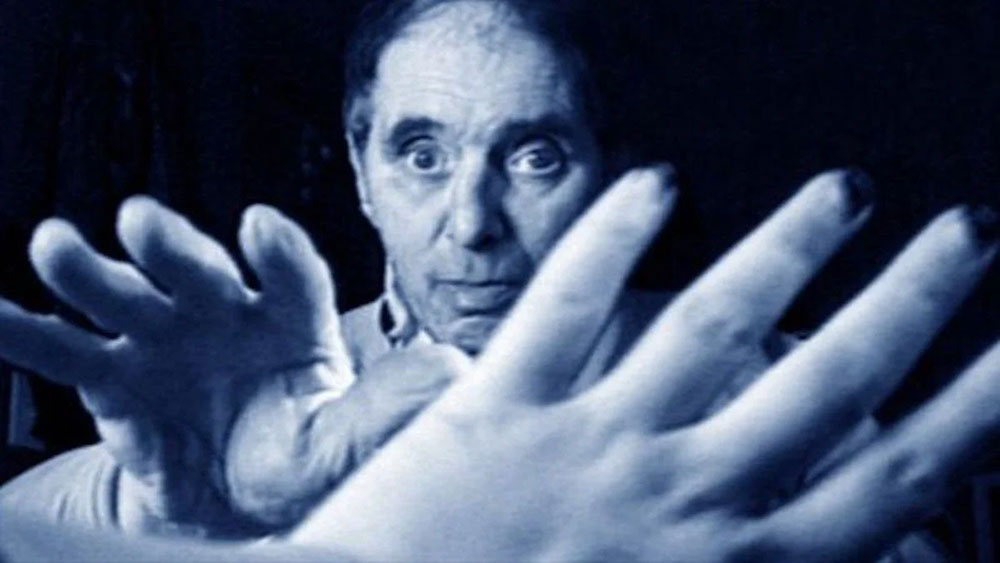
What kind of moments have you captured on video? Memories of birthdays, recitals, weddings, concerts, holidays? The sorts of times in your life when you think you will—or should— look back and reminisce on them in the future, or save them now to show them to someone else for whom your past will hold some meaning in the future? Consider then, the last time you struggled to accept where your life had unexpectedly and undesirably taken you. Did you record that?
In Julia Loktev’s Moment of Impact (1998), documentary acts as a family scrapbook capturing an ongoing catharsis of grief, as the Loktevs continue to adjust to the aftermath of a horrific accident. Winning the Best Directing Award at Sundance in 1998, Loktev’s film screens on 16mm tonight to close the series of 1990s first-person docs, "Personal Belongings," programmed by Jeff Reichert and Asha Phelps at the Museum of the Moving Image.
On April Fool’s Day, 1989, the 50 year-old engineer Leonid "Lenny" Loktev was going between garage sales in his small Colorado town when a speeding car hit him as he crossed the street. The collision with both the car windshield and the subsequent landing left Lenny with a significant traumatic brain injury "in near comatose neurological status." In response, the capacity for speech and motor functions had largely left Lenny. His wife, Larisa, becomes his default caretaker while his daughter Julia is in New York for film studies. When she returns with the goal of filming her parents nine years later, Lenny and Larisa have established a worn protocol for coping with even the smallest tasks of rote daily life: eating, washing, putting on socks, holding a pencil, sitting up, saying anything.
While there had once been an aide to help, insurance changes have left Larisa as Lenny’s sole 24-hour nurse, an adjustment she is openly burdened by. "I think 'devotion' is a denial of yourself," she tells Julia, who boldly asks the questions one might not want to have to be confronted with, let alone answer on record, regarding the guilt and frustration that come with unsolicited caretaking roles. Loktev’s filming acts as a family confessional while unsparingly portraying their adjustment to a life they never expected to have; Lenny, alive but with an incredibly narrow range of communications or functions, is no longer the person who had been Larisa’s husband, or Julia’s father. "It’s hard to say I miss him," Larisa admits. She later clarifies, "He’s a different being now." Sudden loss is not easily accepted or understood: it is a continuous battle against the bafflement of what can only be described as random tragedy. Asking "why" yields no answers.
Between the scenes of her parents’ lives, Julia silently recounts the initial damage of the accident with brain scans and doctors’ reports, at one point trying to understand the collision itself by having witnesses re-create what they remember seeing. Using a doll and toy car, they narrate the crash that’s in their memories, and although their accounts are slightly different, both are equally terrifying to imagine. For Julia, she’ll never know what the moment had been like when her father was last the person she’d known as her father. Moment of Impact turns hardship and pain into a collective family portrait, weighing the obligations of love and fate, responsibility and choice.
Moment of Impact screens tonight, September 29, at the Museum of the Moving Image on 16mm as part of the series “Personal Belongings: First-Person Documentary in the 1990s.” Director Julia Loktev will be in attendance for a Q&A.


